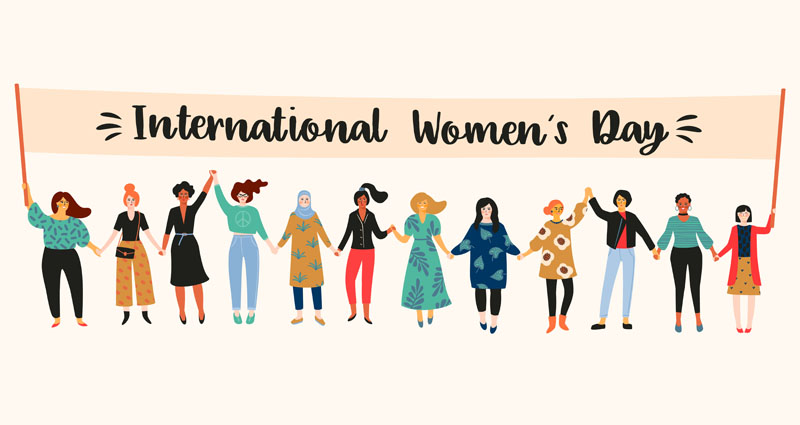
As another international women’s day passes, our thoughts turn to the desperate women arriving on our shores in small boats. Obviously the subject of small boat crossings continues to dominate in the media and in government, but so often all we hear is ‘fighting age young men’. Of course this is used to feed the anti-migrant rhetoric and turn our good natured citizens against their fellow man (and woman), but what of the women?
By focusing all our attention on men, are the swathes of desperate, vulnerable women arriving daily on our shores being completely forgotten about? What are the difficulties faced by women? How does our asylum system accommodate the complexities of gender based persecution? And what can be done to ensure a fairer, safer system?
The Reality…
When a claim for asylum is made, married couples are usually forced to make a joint claim, meaning the male partner will be the primary claimant and the female will be labelled as a dependent to the male. The first issue this raises is in the recording of numbers of asylum claims by gender, with joint claims being recorded as only males, this massively skews the numbers of males arriving vs the number of females.
The second issue this raises is one of safety. A joint claim forces a woman to be reliant on the male during legal proceedings. This can be especially worrying if the woman is in an abusive relationship as leaving the abusive partner may affect her right to remain in the host country.
Unfortunately, many women arriving here are unaware of their right to file an individual claim for themselves and their children, and many have no opportunity to understand their rights until the interview process. If women were given this information within reception centres or earlier on in the process, the success of female claimants would be vastly improved.
However, even women making individual asylum claims in their own right face further difficulties as they navigate the system as applications from females are often viewed as less credible. The 2008 Independent Asylum Commission found there was a ‘culture of disbelief’ when considering women’s stories and a lack of understanding of gender specific issues, leading to unfair decisions. The credibility of each claim forms the ‘core of the decision to refuse’ meaning women are often not taken seriously by the Home Office.
Many women also find their claims are refused due to difficulties in disclosing information. Female asylum applicants have often been the victim of traumatic experiences during their journey which may affect their ability to give an accurate account of their experiences. In the 2012 Asylum Aid report, a female survivor of trafficking reported she was expected to provide immediate details of sex work in the initial interview, with strangers listening to her and in the presence of her own children.
The Home Office expects women to immediately speak, in intimate detail, about their experiences, with very little understanding given. As many female applicants feel a level of shame or stigma around experiences such as rape and sexual violence, their reluctance to share this information leads Home Office officials to raise credibility concerns.

What can be done?
The most recent developments from the Home Office around the treatment of people arriving by small boat includes changes to immigration policy that, if implemented, would break international and make it even more difficult for people seeking protection to receive it.
Although since Brexit, EU laws no longer apply to the UK, we should not backtrack on the minimum standards we hold for the treatment of people seeking asylum. This includes the need for gender-specific assistance. Due to women’s asylum applications being viewed as less credible, it is essential for the asylum application procedures to remain gender sensitive.
Gender based accommodations must be made in order to make the process fair and safe for female applicants. Female interviewers and interpreters should be provided for women, it is also important to provide childcare and solo interviews to female applicants. By allowing women to speak with officials alone, without children and family members present, we allow them to speak freely and not hold back when speaking about sensitive issues such as violence, rape, FGM and other related issues. This would help ensure the success of more female cases. These measures were routine pre-covid and the recommitment to them would increase the potential for positive outcomes for women seeking protection from gender based persecution.
In Conclusion…
In all the chaos and confusion around migration in the UK, we must not allow ourselves to let vulnerable people slip through the gaps in our broken system.
We must not allow women to be forgotten, erased and left unprotected. As a nation we need to use our voice to stand up for the rights of those who cannot stand up for themselves.
And as women we must stand together for the rights of all women, in all aspects of life. It is only though solidarity that we got the vote or that we even came close to bridging the gender pay gap. We are women, hear us roar – loudly and always in support of each other.
